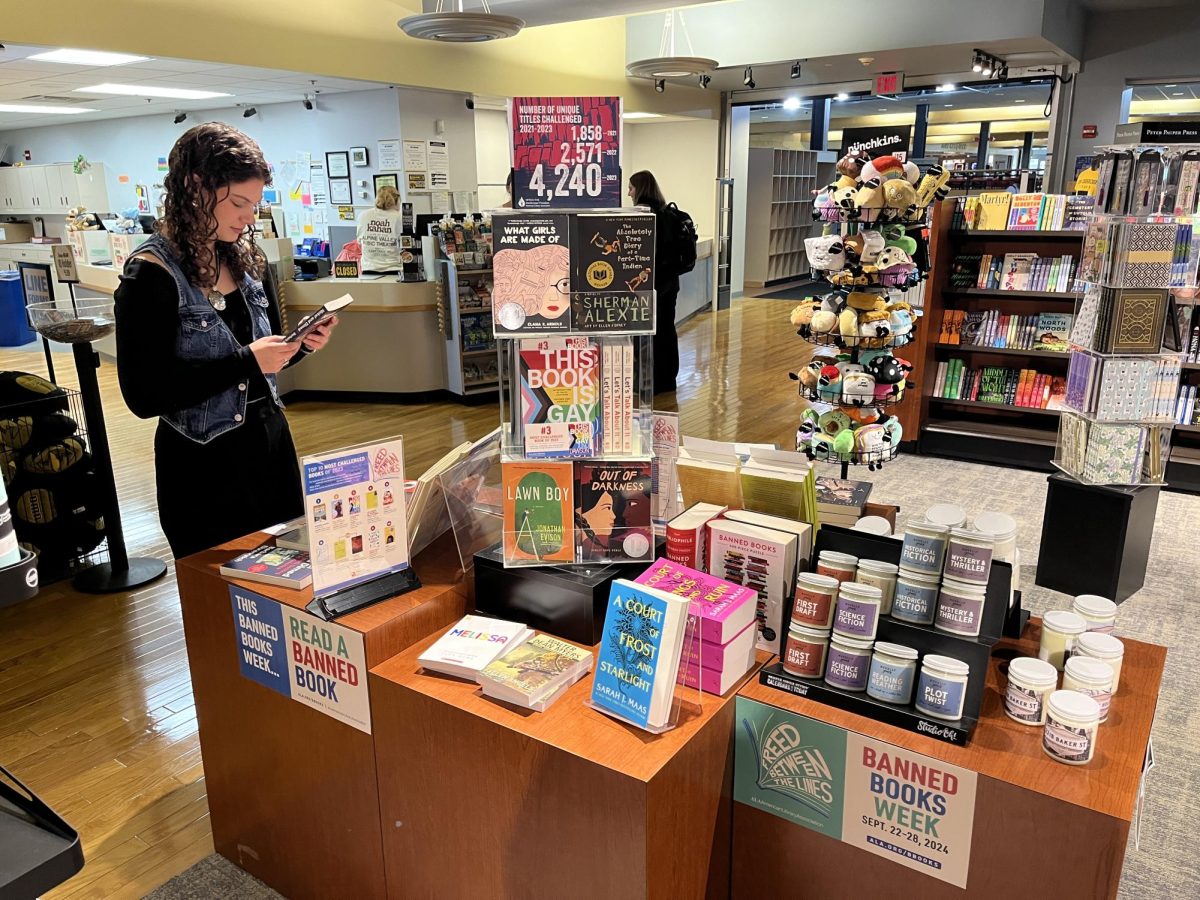Born in the East and raised in the West, I often find myself facing questions about my choice to wear the hijab. Growing up, I loved the concept of the hijab and other aspects of Muslim dressing. However, I often felt as if I had to remove my hijab to be perceived as a strong woman.
Muslim women in the West may feel hesitant or unsafe practicing their beliefs in public due to the fear of being judged. This undermines their identity and strips them of their autonomy, as societal pressures discourage them from making choices, such as wearing the hijab.
While Muslim women are discouraged and judged for wearing hijab, they are also pressured to align with features and traits associated with non-white ethnicities, framing their natural features as inherently “ugly” before rebranding them as empowering. This creates a disconnect between the goals of feminism and the lived realities of women of color.
It imposes unrealistic expectations on women to conform to specific beauty standards, leading them to prioritize their appearance over their aspirations. This societal pressure is not only harmful to women’s’ sense of self-worth, but also limits their potential by making them feel that their value is primarily tied to how they look.
What is empowering for one woman in this context can inadvertently harm or marginalize other women. It leads to narrow definitions of empowerment that only encompass some women’s experiences. To fix these problems, we need to create more inclusiveness by educating people about women’s diverse experiences.








